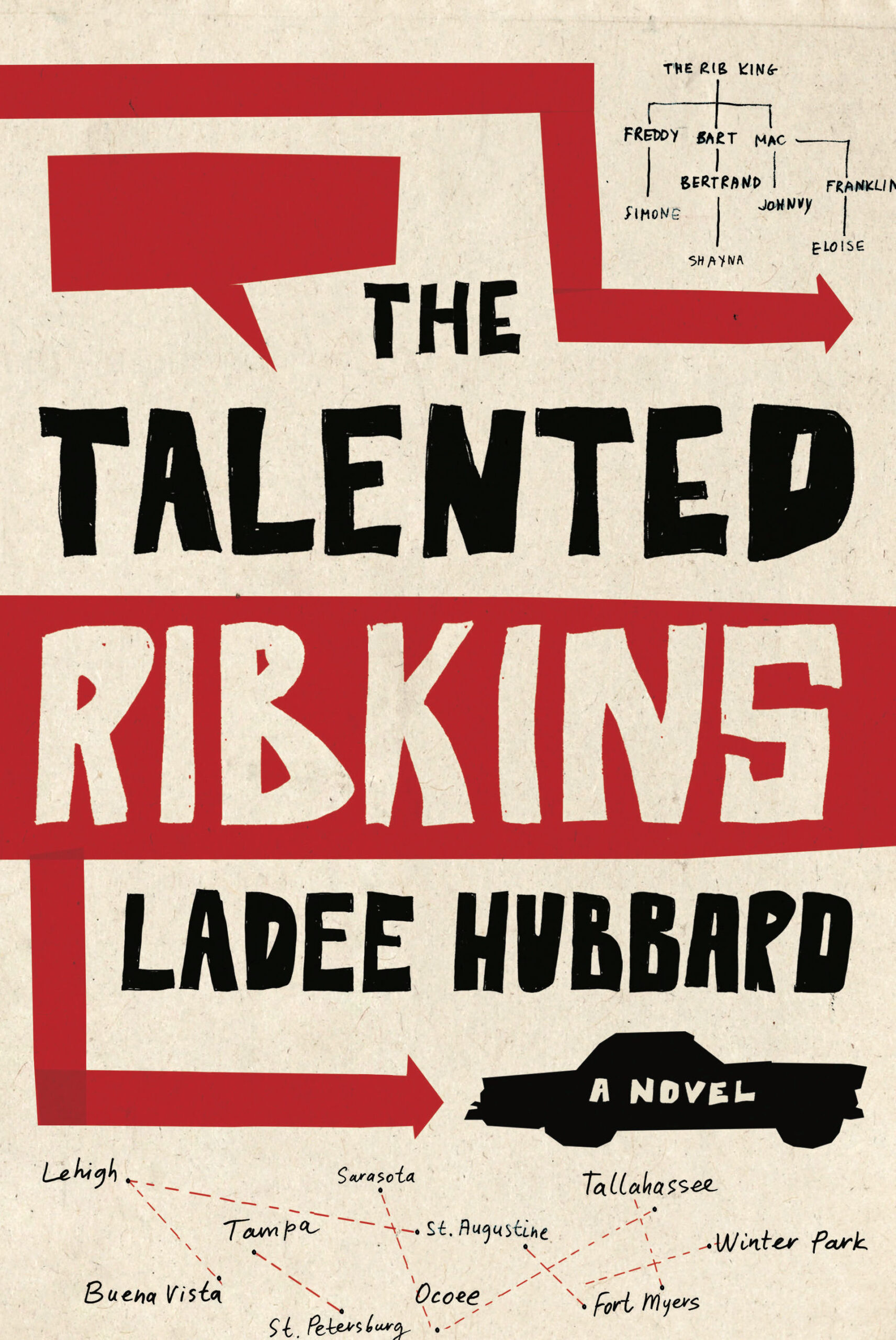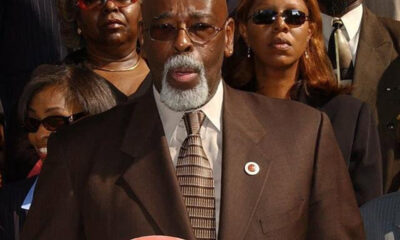News around the Web
“Reimagining the Talented Tenth” Book Review

The Talented Ribkins
By Ladee Hubbard
289 pp. Melville House Publishing
Black speculative fiction, on the rise, encompasses and blurs the genres of magical realism, Afrofuturism, horror, fantasy, paranormal, and mythology. These imaginative stories enable writers to create alternative and futuristic worlds, narratives rooted in traditional beliefs and spirituality, and stories that explore, create, and/or reimagine the experiences of people of African descent. The stories often incorporate historical facts and imagine a different future for Blacks in America.
The Talented Ribkins (Melville House, 2017), a novel by award-winning writer Ladee Hubbard is worthy of revisiting as we witness the racist diatribe on the voices, literature, and history representative of the Black experience in America. Hubbard’s novel uses the genre of speculative fiction as a context for reimagining a Black society guided by the doctrine of The Talented Tenth by the sociologist, historian, and Pan-Africanist W.E.B. DuBois. DuBois argued in his 1903 “The Talented Tenth” essay written in The Negro Problem, a book of essays assembled by educator, orator, and author Booker T. Washington, that a talented 10th of exceptional Black people should be given a classical education and trained as leaders who would advance the civilization. This doctrine was in response to Washington’s 1895 Atlanta Compromise speech advocating for Blacks and Whites to work together and compromise. In short, rather than focusing on issues such as the right to vote, racist behavior, and segregation and discrimination, Washington argued that Blacks should focus on their advancement in industrial and vocational professions.
Hubbard’s novel recounts the story of the Ribkins, a family gifted with special powers (The Talented Tenth) to advance the civil rights movement in the United States. Using the literary elements of speculative fiction, Hubbard keeps readers riveted as they uncover the vulnerabilities, fragilities, and conflicts raced by the Ribkin family. Readers meet John Ribkin, the mapmaker whose skills provide a roadmap for a Justice Committee; Eloise who can catch things in midair; Andre who can see in the dark; Barton who can mimic any voice; Bernard who can spit fire; and Frankie who can scale wars. The original Ribkins, endowed with special powers or “gifts,” have survived a fire and built a strong network of perseverance and resistance. However, these gifts do not always result in positive actions. They are both a source of strength and strange comfort that is sometimes difficult to understand and even harder to explain. Eloise, for example, who is able to dodge rocks has set herself up as someone who may eventually be called upon to dodge bullets.
Told from the point of view of the elder and central character John Ribkin, we observe his reflections on his life at 72 years old: his membership in the Justice Committee, his transition from a teacher to a thief, his conflicted relationship with his brother, and his desire to be a nurturer and protector of his family. He and his cousins have formed the Justice Committee to protect their families and communities from the violence of white supremacists. They, in essence, work as bodyguards and present a safety net for fighters who in the civil rights struggle.
Hubbard suggests in The Talented Ribkins, that DuBois’s concept is not necessarily the answer for the survival of Blacks in America. Johnny Ribkin conveys what happens when the Justice Committee formed by the Ribkins is dissolved. When he looks at the neighborhood that is left, he notes that the neighborhood is in serious decline. “ Crime was rampant, businesses were closing, and unemployment rates were higher than ever. The community’s already ad hoc infrastructure was not just breaking down anymore: it seemed to be buckling under.” Despite strides, there is still inequity among the people in the community. Mobility is not uniform and many people are being locked out or locked up. Thus, The Talented Ribkins could be read as a critique of The Talented Tenth and the limits of this concept.
This is the nature of Black Speculative Fiction. It poses questions and provides readers with ways to look at the future and imagine a different worldview for Blacks in America. In the case of The Talented Ribkins, one may ask do we really need a talented tenth. Will relying on a selected group of exceptional people solve the problems facing many Blacks in this country? Perhaps, there are different strategies needed to engage the collective community in the struggle for advancement.
Readers can learn more about the genre of Black Speculative Fiction and the increasing use of this genre by Black writers by attending the 2023 National Black Writers Biennial Symposium: A Celebration of Black Speculative Fiction from March 31 to April 1, 2023. For more information, visit www.centerforblackliterature.org.
Dr. Brenda M. Greene is a Professor of English and Founder and Executive Director of the Center
for Black Literature at Medgar Evers College, CUNY.



